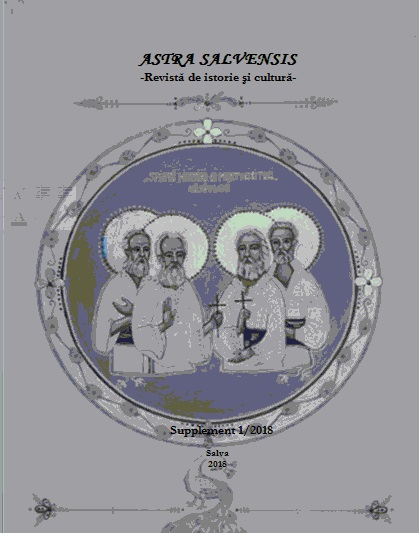Philosophy as Information
Philosophy as Information
Author(s): Anatoliy B. Nevelev, Vera S. Neveleva, Liubov N. ShabaturaSubject(s): Philosophy
Published by: Asociaţiunea Transilvană pentru Literatura Română şi Cultura Poporului Român - ASTRA
Keywords: instrument use; symbolism; universality; information; objectivity; interaction; conjugation;
Summary/Abstract: Specificity of philosophy as information is revealed under the condition of the structuring of being into object layers (objectivity). The whole array of objects, focusing on one or the other basis of division, can be combined into a whole object layer of being, the objectivity of being. Methodological experience of such division and integration is realized, in particular, in the concept of the dialectic of nature in F. Engels works, as well as in the ontological studies of N. Hartmann, who, in the theory of a new ontology, also owns the term "layer of being". Engels and his followers, based on the data of modern science, divided the material being into physical (mechanical), chemical, geological, biological and social matter and the forms of the motion of matter corresponding to these material carriers. At the same time, it seems that in this gradation of being the object approach prevailed. The foundation of structuring, one way or another, was nature, where the object-substrate principle, the desire to reveal the elementary material form of the structural layer of matter and to explain its origin from the mature form of the preceding material level dominated. For example, atoms and molecules - from elementary particles, the elementary form of the living - from complex organic molecules, the elementary form of the social - from complex biogeocenotic processes. According to Hartmann, there are four main layers of being: physical-material, organic-living, spiritual, historic-spiritual. In it the subjective accent prevails. The two above-mentioned doctrines on the structural levels of being are shown as the most prominent. They gave rise to other attempts to structure the universe. The article proposes the concept of the stratification of being on the instrumental, symbolic, sign and ultimate-sign (universal) layers. Culture as a whole appears as a universal means of human relationship to the world, which contains four groups of these means. Each of them in its own way unites the subjective and objective components of being. Accordingly, philosophy is treated as information that takes and transmits the specificity of the ultimate-sign (universal) object layer of being. This level provides objectivity relevant to the person's philosophical personal identity.
Journal: Astra Salvensis - revista de istorie si cultura
- Issue Year: VI/2018
- Issue No: Sup. 1
- Page Range: 677-682
- Page Count: 6
- Language: English

